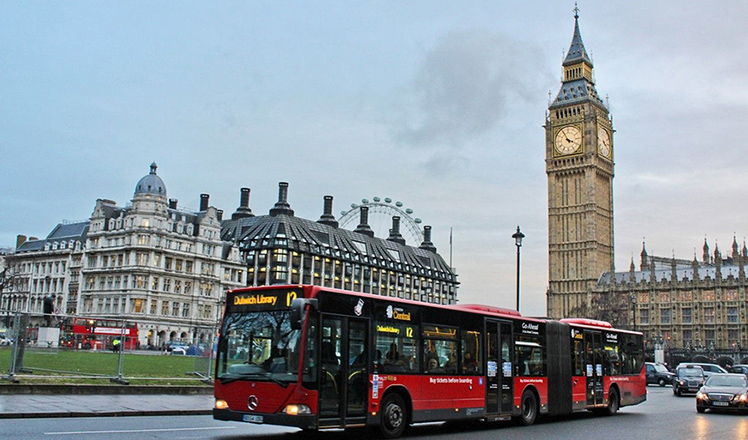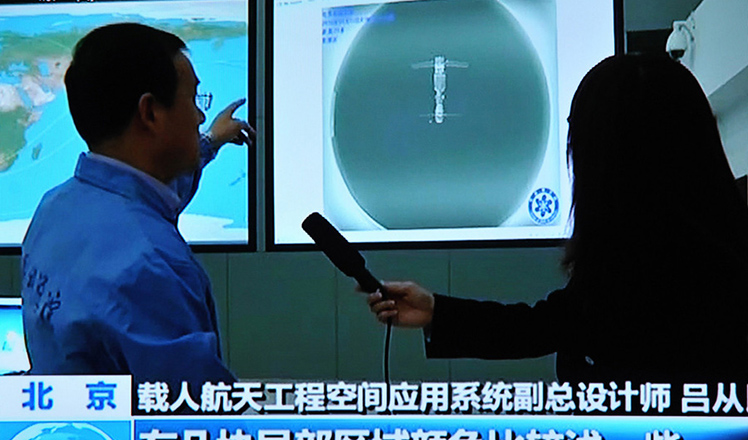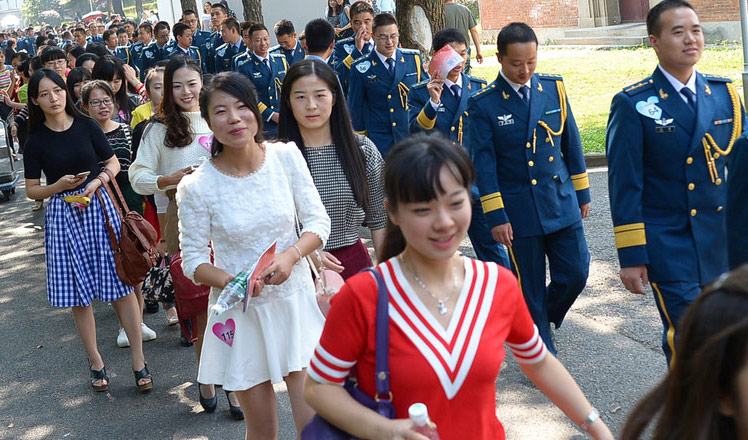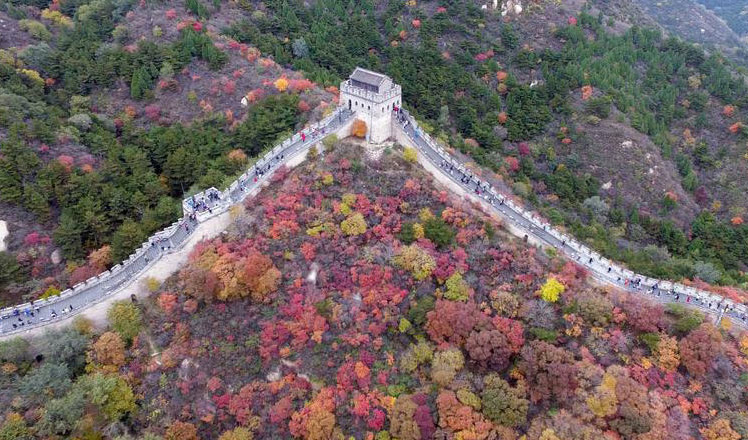Asia's largest waste-bottle treatment plant seeks rebirth
Updated: 2016-10-25 14:42
(Ecns.cn)
|
||||||||
A plastic bottle treatment plant in Beijing, which boasts the largest capacity of its kind in Asia, has shut down for three years due to an inadequate "supply of garbage."
The plant, at the Beijing Incom Resources Recovery Recycling Co., used to recycle polyester from plastic bottles, which was then processed into new drink bottles. The company was able to treat about 2.2 billion bottles annually, but short of supplies of discarded plastic bottles resulted in the plant's closure in 2013.
It launched 5,000 waste-bottle recycling containers, but got less than 1 percent of all waste bottles in Beijing.
Most of Beijing's garbage, estimated to be seven million tons in 2014 alone, ended up in one of 82 garbage collection points outside the Fourth Ring Roads, which then sent the garbage to various illegal garbage treatment mills in Hebei and Henan provinces for processing.
"We had no rivals in this industry, nor were we able to collect enough garbage to feed our capacity," Chang Tao, head of Incom, told Beijing Youth Daily.
Chang said the plant was able to treat five tons of plastic bottles, or about 2.2 billion bottles, but received just one to two tons, or a little more than 800 million bottles, for treatment annually, which was out of proportion to the rapid increase in the city's garbage.
"We were never able to compete with those 'black mills,'" which Chang said hardly spent any money on environmental protection – such as proper cleaning of the bottles and sewage treatment – during the process of treating the discarded bottles. As a result, the prices they offered for garbage were much higher than Incom's.
Because the company was operating at a daily loss of more than 100,000 yuan ($14,773), it had to close the facility in 2013, Chang explained.
Beijing is now rectifying the industry, and 80 of the 82 garbage collection sites have been closed. Illegal mills in nearby Hebei province are also being shut down.
Chang has renewed hope. "On the one hand, we won't have to face the cut-throat price war with black mills; on the other, garbage sources are likely to land in our hands."
- Lavrov, Kerry discuss Syrian situation
- Turkish troops kill 17 IS militants since Mosul operation: FM
- 59 killed in attack on police academy in Pakistan
- Syrian forces capture new area in Aleppo
- Fate of child migrants uncertain before France demolishes Jungle camp
- Former Japan SDF official believed to have blown himself up, injures 3

 Top 5 property destinations for Chinese investors
Top 5 property destinations for Chinese investors
 Accompanying satellite sends back images of Tiangong II, Shenzhou XI
Accompanying satellite sends back images of Tiangong II, Shenzhou XI
 Dare you jump
Dare you jump
 Through the lens: Under the blue sky of Tibet
Through the lens: Under the blue sky of Tibet
 Military blind date attracts hundreds young women
Military blind date attracts hundreds young women
 Britain's Red Arrows arrive at Zhuhai for China air show
Britain's Red Arrows arrive at Zhuhai for China air show
 Villagers build ladder on cliff with 1,500 steel pipes
Villagers build ladder on cliff with 1,500 steel pipes
 Colorful leaves adorn Great Wall in Beijing
Colorful leaves adorn Great Wall in Beijing
Most Viewed
Editor's Picks

|

|

|

|

|

|
Today's Top News
'Zero Hunger Run' held in Rome
Trump outlines anti-terror plan, proposing extreme vetting for immigrants
Phelps puts spotlight on cupping
US launches airstrikes against IS targets in Libya's Sirte
Ministry slams US-Korean THAAD deployment
Two police officers shot at protest in Dallas
Abe's blame game reveals his policies failing to get results
Ending wildlife trafficking must be policy priority in Asia
US Weekly

|

|







